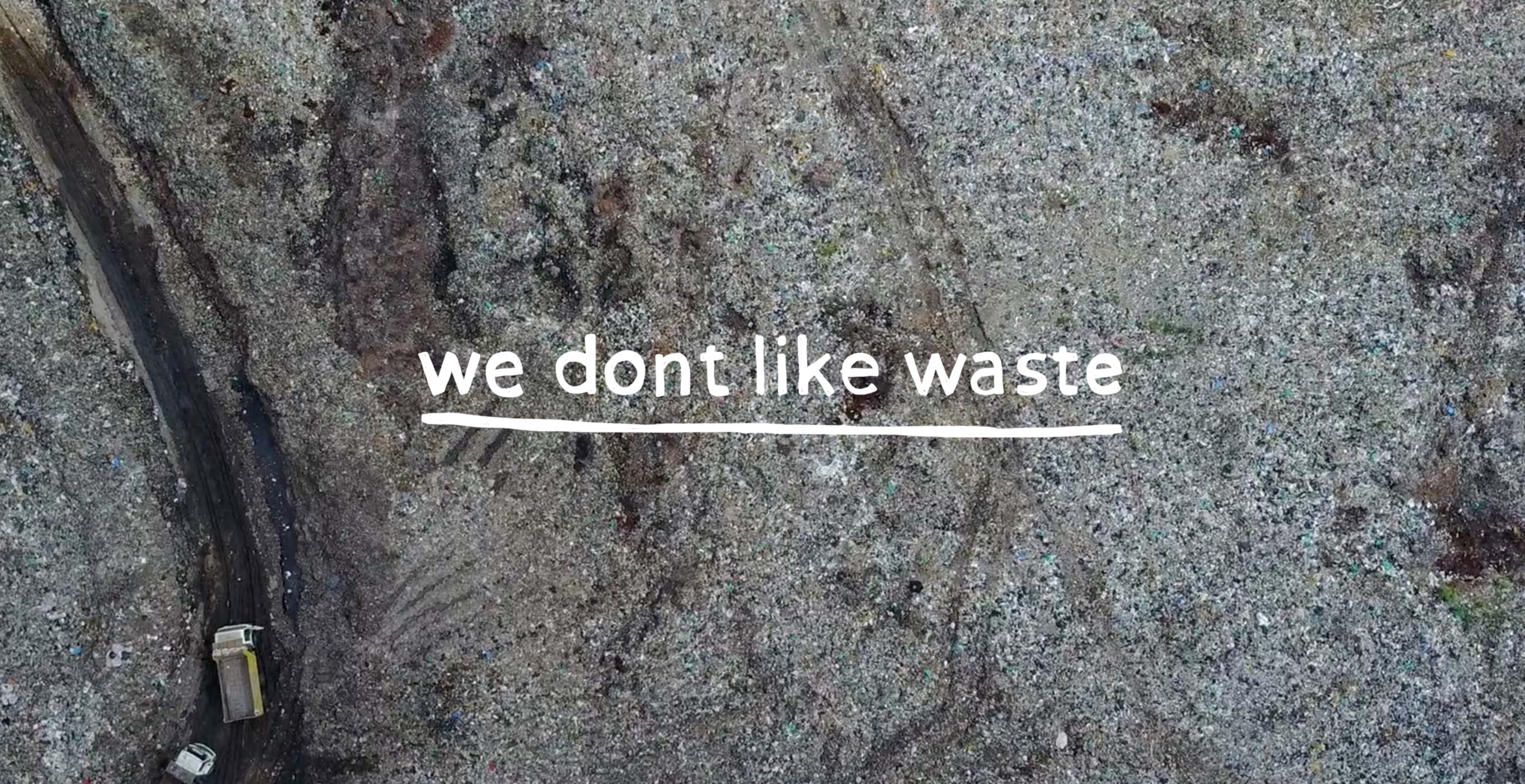NATCHITOCHES – Northwestern State University art professor Corbin Covher authored a Healthy Communities grant to fund a project intended to negate plastic waste, educate the public on plastic re/upcycling and provide resources for his students in search of materials to create art. The grant, awarded by Keep Louisiana Beautiful, will fund the fabrication of machines to recycle plastics within NSU’s Department of Fine and Graphic Art, taking part in a growing movement to become Precious Plastics Louisiana.
Preciousplastic.com is a valuable resource that not only teaches about plastics, but has downloadable blueprints, information and how-to videos for DIY plastic processing. Precious Plastic created a worldwide network of people working together toward the common goal of getting recycling technology into the hands of a younger generation. In addition to educating students, Covher plans to host open workshops to educate the public about environmental impact, ecological responsibility and artistic practices that foster good stewardship.
“Plastic waste has become an epidemic in the world, polluting our oceans, waterways and landfills, even though most plastics are as reusable and as reshapeable as metals,” Covher said. “The biggest problem in plastics is that there aren’t enough things being created out of aftermarket plastics. We need more ideas and products. Every day in the news and on social media, disturbing images can be seen with the results of humanity’s irresponsibility in our stewardship. As an artist and art professor, I seek to make a difference and inspire change through my artwork and career educating others.”
The grant will fund materials to fabricate a plastic shredder, a plastic extrusion machine, shipping and installation costs and bins for sorting materials. Each art student will be required to participate in a class with a recycling project as part of the Department’s core requirements.
“One of my goals is to teach mold-making and casting to utilize the recycling technology to produce blocks for carving, sheets for construction and molds to cast sculptures,” Covher said. “Student ideas and works of art are often limited to the materials they can afford to create with. Providing them with resources to create their own raw materials for the fabrication of art would be a huge step towards enabling the artists and educating the public.
Covher will instruct his students to save a month’s worth of recyclables, process them and turn them into art and will track results with quantifiable data on how much plastic is being transformed in pounds.
“The requirement to save up recyclables for a month will help shed a light on how much waste a person creates and the importance of individual responsibility,” Covher said.
“Educational workshops will allow the public to witness the transformation of plastic waste into sculptures or products, while gaining knowledge of the processes involved. I project that 100-140 students each year will participate in classes and workshops. There is potential to benefit hundreds of people beyond those directly involved in classes and workshops. Everyone from NSU and Natchitoches who becomes involved by donating their plastic waste will benefit by becoming part of the solution. Even passers-by will benefit from the educational aspects that the program can provide.”
Covher submitted a letter of support from Natchitoches Mayor Lee Posey as part of the application. The city discontinued curbside pickup of recyclable materials last year. Most of the material was contaminated and was turned away by the processor. Covher is part of the city’s beautification committee that is attempting to combat litter and strengthen recycling efforts.
“The problem is that the public simply isn’t educated on what is acceptable to recycle. People use recycling containers improperly and there is a lack of faith that the recyclables are actually being processed as they should,” Covher said. “The program I am seeking funding for could strengthen the city’s efforts by showcasing a full circle recycling process, educating the students and the public.”
Keep Louisiana Beautiful is Louisiana’s leading anti-litter and community improvement organization. Affiliated with Keep America Beautiful, the mission of KLB is to promote personal, corporate and community responsibility for a clean and beautiful Louisiana. With a network of 39 affiliates and over 71,000 volunteers and participants across the state, KLB works together for a clean and beautiful Louisiana.
Visit http://preciousplastic.com for a video explaining how its recycling system works.

